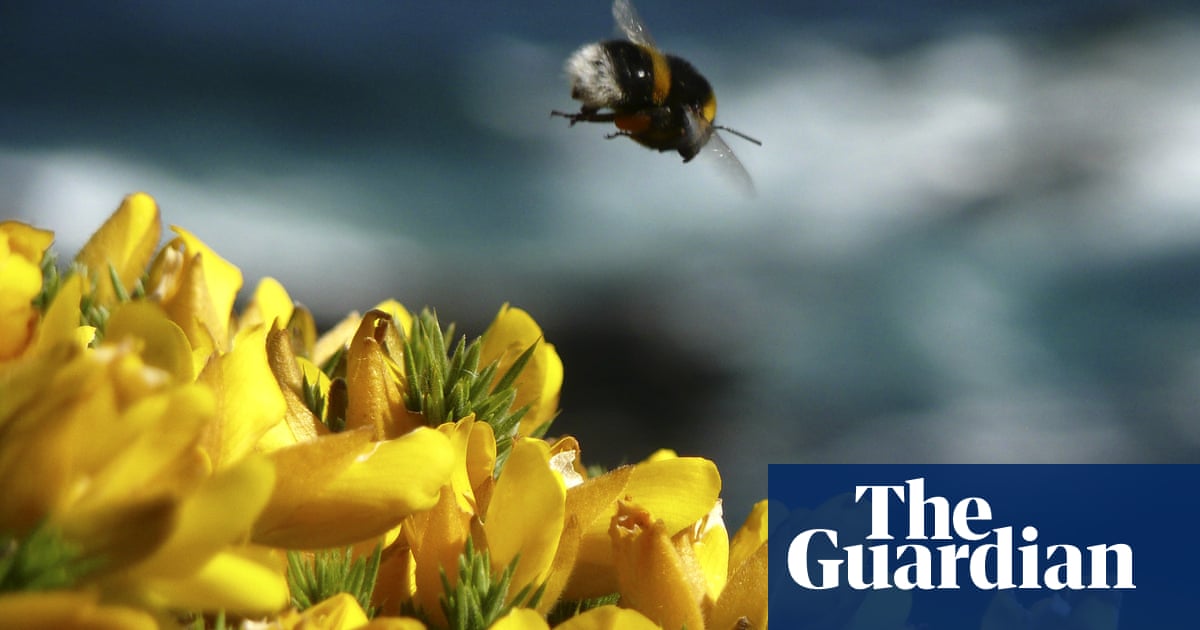- cross-posted to:
- nature@feddit.uk
- cross-posted to:
- nature@feddit.uk
Campaigners say next government must reduce use and toxicity of pesticides before it is too late
The UK’s insect populations are declining at alarming rates and the next government must put in place plans to monitor and reduce the use and toxicity of pesticides before it is too late, wildlife experts say.
In recent years, concerns have been raised over earthworm populations, which have fallen by a third in the past 25 years. A citizen science project that monitors flying insects in the UK, meanwhile, found a 60% decline between 2004 and 2021. The overall trajectory, as government monitoring figures show, has been downwards since the 1970s.
Yet despite the evidence of the harmful effect of pesticides on our insect population, governmental action has been slow, and experts are concerned that the UK is failing to monitor pesticide use correctly.
“There is an almost complete lack of effective monitoring of pesticide use in UK agriculture,” said Nick Mole, the policy officer at Pesticide Action Network UK. “What little we do have is incomplete, out of date and on such a broad scale as to be virtually meaningless.



It’s not really a great metric, I think. I mean, the point of pesticides is to reduce the insect population.
Like, what you’d want to find is what the collateral damage is on insects that you want to retain, and whether that impact is of concern.
Yeah, see, that’d permit for development of more-targeted pesticides.